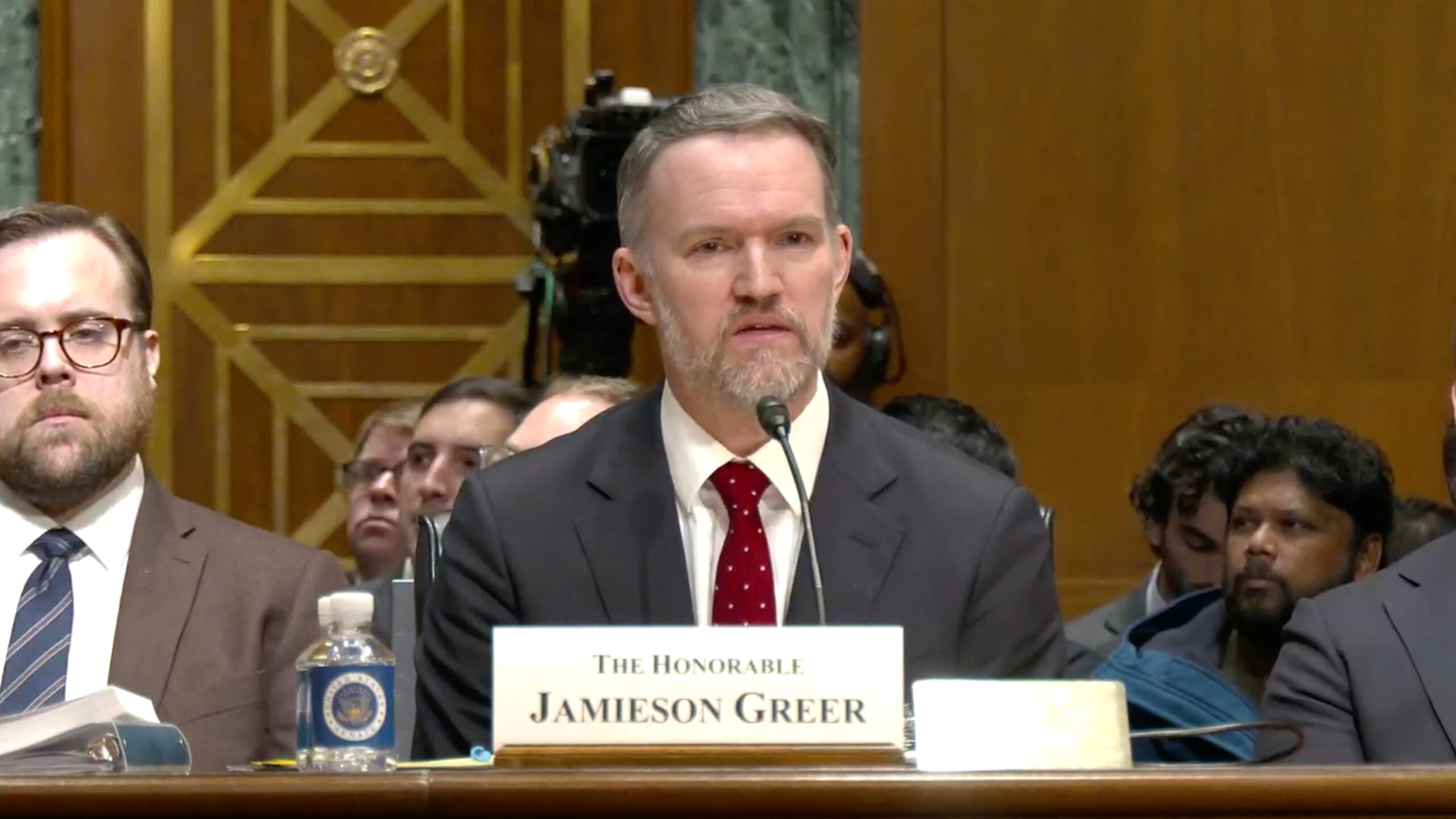WASHINGTON, D.C. — The Coalition for a Prosperous America (CPA) today voiced its strong support for The Neither Permanent Nor Normal Trade Relations Act, introduced by Senators Tom Cotton (R-AR), Marco Rubio (R-FL), and Josh Hawley (R-MO). This legislation would end China’s Permanent Normal Trade Relations (PNTR) status, a necessary move as China continues to flood global markets with artificially cheap goods, displacing U.S. investment and jobs.
CPA has long advocated for ending China’s PNTR status, recognizing it as a critical step to halt the next wave of China Shock 2.0—which threatens to displace even more U.S. jobs and industries than the original China Shock. According to a CPA economic analysis, revoking China’s Most Favored Nation (MFN) status could generate 2 million new American jobs, raise real household incomes by $3,647, and boost real gross domestic product (GDP) by 1.75%.
“For more than two decades, China’s PNTR status has fueled its skyrocketing overcapacity in its state-subsidized industries, allowing Beijing to exploit U.S. markets and erode America’s industrial base,” said Michael Stumo, CEO of CPA. “We must learn from the past. There can be no second China Shock here in America. China is using the same playbook it has used before to power its own growth by investing in significant industrial overcapacity and flooding global markets with artificially cheap exports. Ending PNTR is crucial to protect U.S. industries from a new wave of China Shock 2.0, which risks displacing even more American investment and jobs than the original China Shock. We commend Senators Cotton, Rubio, and Hawley for advancing this critical legislation that puts American workers, businesses, and national security first.”
In 2001, China was granted Most Favored Nation (MFN) status, giving its goods permanent preferential access to U.S. markets. Since then, the annual U.S. trade deficit with China has ballooned by $299.2 billion, amounting to a staggering cumulative total of $6.1 trillion in goods deficits. CPA’s comprehensive analysis of 927 U.S. cities and towns shows that the “China Shock”— the rapid influx of Chinese imports after 2001—has cost the U.S. 3.4 million manufacturing jobs and severely impacted nearly every American community.
Key Provisions of The Neither Permanent Nor Normal Trade Relations Act:
- Ending China’s PNTR Status: The bill would phase out PNTR over five years, gradually increasing tariffs on Chinese goods, with a focus on protecting industries vital to national security.
- Tariffs and Quotas: The bill would introduce 100% tariffs on key Chinese products related to national security, empowering the President to institute additional tariffs and quotas.
- Closing the De Minimis Loophole: The bill would end de minimis treatment for imports from China, closing a loophole that has allowed Chinese companies to flood the U.S. market with low-cost, often counterfeit goods.
- Revenue Allocation: Revenue generated from the tariffs would be directed towards American farmers, manufacturers harmed by Chinese retaliation, and critical defense funding for munitions essential to potential conflicts in the Pacific.
“This legislation is essential to prevent China Shock 2.0, where China’s unchecked overcapacity would further undermine U.S. industries,” continued Stumo. “The first China Shock decimated American manufacturing, and we cannot afford another wave that could displace even more investment and jobs. By revoking China’s PNTR status, we can begin to reverse the damage, protect our economy, and rebuild U.S. industrial strength.”
CPA has consistently called for revoking China’s MFN status and emphasized that tariffs and trade enforcement tools are critical to reversing decades of damage caused by flawed free trade policies, which have offshored jobs and hollowed out America’s industrial base.
# # #












